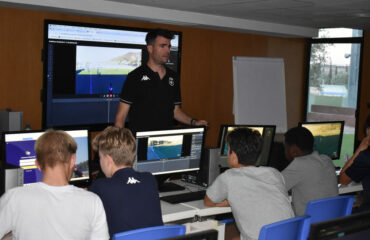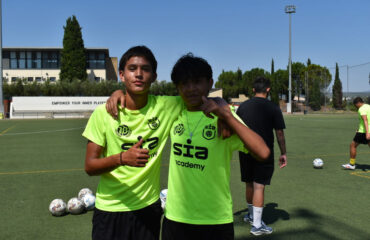Do we know how to listen?
I am Jose Gonzalez, in charge of the Psychology Department at Soccer Inter-Action. Thanks to my Psychology Degree, I have the ability to understand the needs of our players and know how to encourage problem solving to help them improve their sporting performance.

I studied the Master of Coaching and Sports Psychology which has trained me to help in the improvement of sports performance giving me critical capacity and autonomy to adapt to the needs of the players, in addition to my experience both as a player and as a coach helps me to know the situations that athletes go through, facilitating my connection with them having lived similar situations in the past.
coach helps me to know the situations that athletes go through, facilitating my connection with them as I have lived through similar situations in the past.
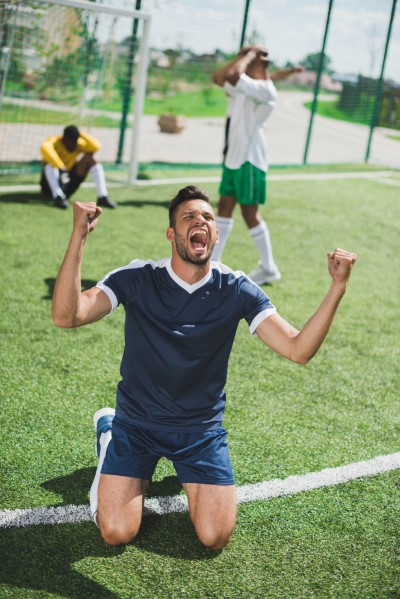
Objectives of the Psychology Department of SIA ACADEMY
In the Psychology Department of Soccer Inter-Action, we help our players to improve their personal and sporting development, to achieve a state of well-being that allows them to be happy and optimise their performance to the maximum.
To achieve this ambitious objective we will provide our players with tools such as self-dialogue, motivation, stress management… To promote this learning we will hold two weekly workshops, one focused on personal development and the other on sporting development, where the player will be the focus of the activity to ensure that he/she experiences the usefulness of the tools and the ability to apply them in a multi-sensory way.
The player will be the centre of the activity in order to make him/her experience in a multi-sensorial way, the usefulness of the tools and the capacity to apply them.
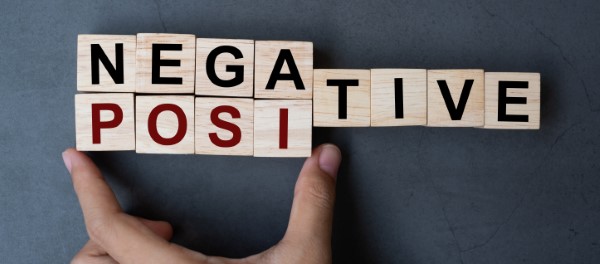
They will also have individual sessions periodically where the player will find an intimate
will find an intimate and trusting space to overcome their day to day worries.

1st Objective; Self-knowledge of the player
The first objective of the psychology area is self-knowledge, this tool will help to improve confidence, decision-making, resilience, etc….
Facilitating to situate ourselves in our “now”. It is important to know our internal stages to be aware of our state, each person has a different way of expressing themselves internally, even that language can change in the area in which we are interacting.
Our body sends us messages using thoughts, emotions and behaviour, influencing each other as they are connected to each other.
The state of these variables are the ones that generate our mood.
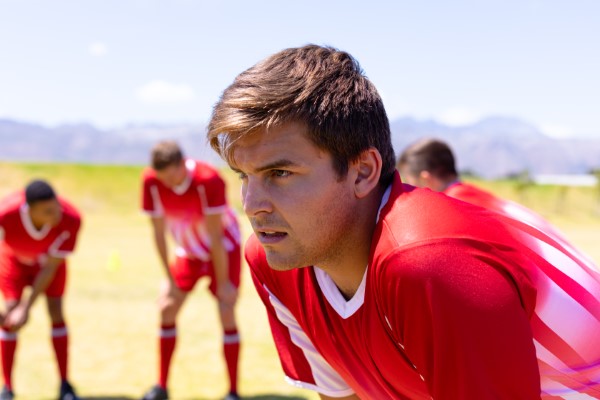
The emotions of the football player
Emotions are defined by the Oxford English Dictionary as “agitation or disturbance of the mind, feeling, passion, any vehement or agitated state of mind”. The five great emotions are joy, sadness, anger, disgust and fear. Emotions in themselves are neither good nor bad, the problem is when they are dysregulated and can go against you. For example, it is normal to feel sad after conceding
a goal, but the moment you score again you have to be ready to continue playing.

The thoughts of the football player
Thoughts are the ability of people to form ideas and representations of reality in their minds, relating them to each other. Disregularising thoughts are due to cognitive distortions (erroneous ways we have of processing information), such as personalisation, which is when we feel 100% responsible for events for which you are minimally responsible, such as a goalkeeper who believes that his team does not score goals because of him.

Football player behaviours
Behaviours are sets of phenomena that are observable or feasible to be detected, behaviours are all actions that are observable to the naked eye such as restlessness, boredom… There are several types of behaviours but the most difficult to detect are covert behaviours, which are those that we try not to externalise. An example of such behaviour would be when a defender does a good defensive action and smiles.

Thought-Emotion-Behaviour
This psychological triad (Thought – Emotion – Behaviour), helps our players to achieve self-evaluation at every moment of the match, to facilitate the optimal state of Arousal at all times and thus enhance their performance.
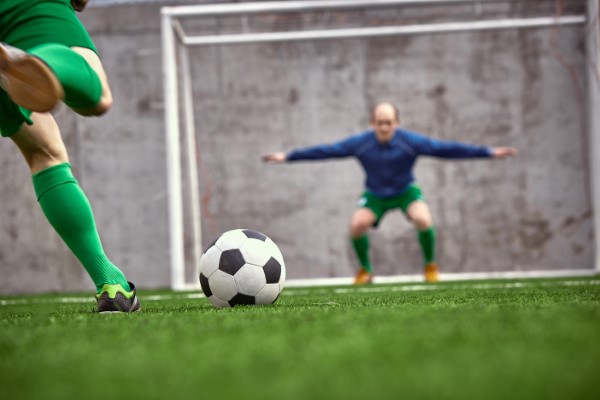
An example of the process of self-evaluation would occur in a very visual way when a player is about to take a penalty kick. A player is about to take a penalty kick and notices that he is very anxious and feels his legs trembling, he makes an evaluation in which the thought that he might miss the penalty kick generates an emotion of fear and this causes his legs to tremble. Knowing the interrelationship between thought – emotion – behaviour helps us to know ourselves better.
Other articles from our sports psychology department that can help you achieve your goals;




